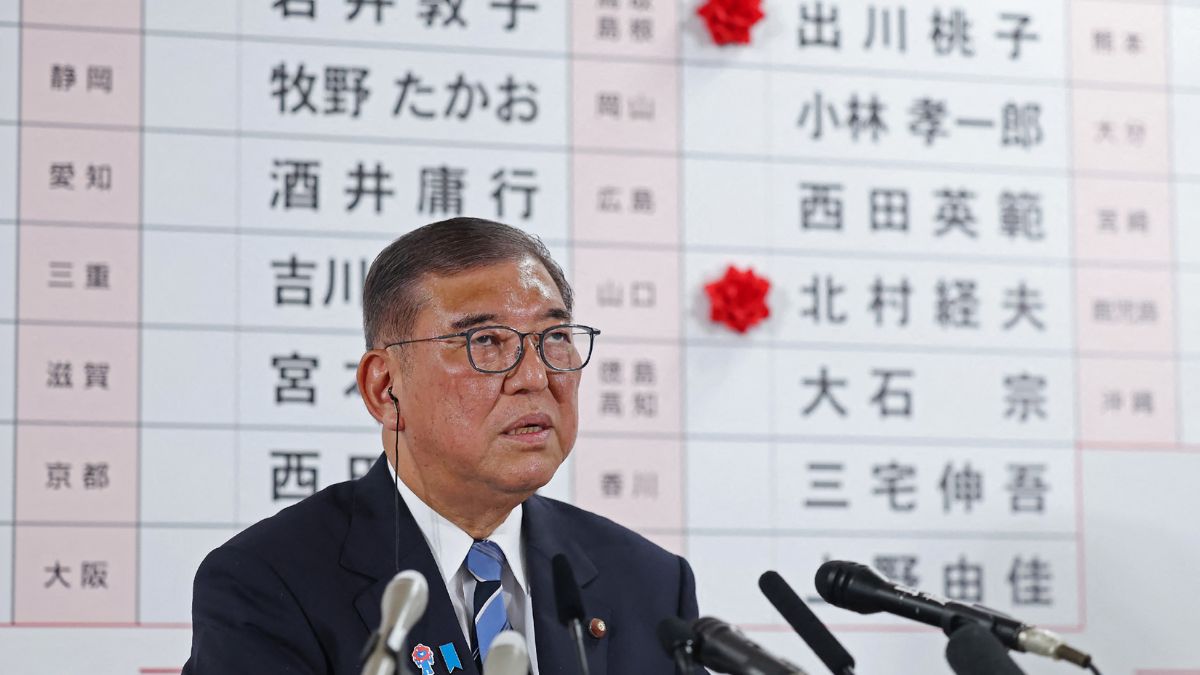Outgoing Prime Minister Shigeru Ishiba’s ruling party launched official campaigning on Monday (Sept 22) to select his successor, a leader tasked with restoring stability and reviving support for the Liberal Democratic Party (LDP).
The contest will conclude on 4 October with a vote that is expected to determine Japan’s next prime minister.
The race features Agriculture Minister Shinjiro Koizumi, former economic security minister Sanae Takaichi, Foreign Minister Yoshimasa Hayashi, former science minister Takayuki Kobayashi, and party heavyweight Toshimitsu Motegi.
All five are current or former cabinet ministers, signalling continuity even as the LDP campaigns under the slogan: “Change, LDP.”
What are the challenges ahead
Candidates face a daunting agenda: stubborn inflation, fallout from US tariffs, rising anti-immigration sentiment, and Japan’s worsening demographic crisis.
Whoever takes the helm will also confront deep public frustration over stagnant wages and soaring living costs, alongside demands to reform both the party and the country’s economic model.
Historic vote
For the first time, the LDP leadership election will involve both lawmakers and grassroots members, amplifying calls for unity after recent electoral defeats.
The vote will be limited to 295 LDP parliamentarians and around one million dues-paying members — less than one per cent of Japan’s electorate. If no candidate secures a majority, the top two will face a run-off.
Pressure to deliver
The winner must move quickly to stabilise the party after heavy losses cost the LDP and its coalition partner Komeito their majority in both chambers of parliament.
Although the LDP remains Japan’s largest party, the new leader will need cooperation from opposition lawmakers to avoid repeated no-confidence motions and the risk of short-lived governments.
Frontrunners emerge
While all five contenders present themselves as moderate conservatives willing to work with opposition groups, Koizumi and Takaichi are widely viewed as the leading contenders to succeed Ishiba.
)